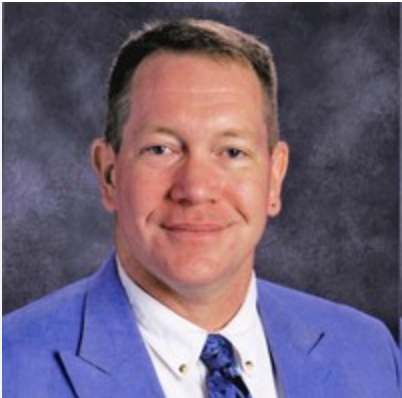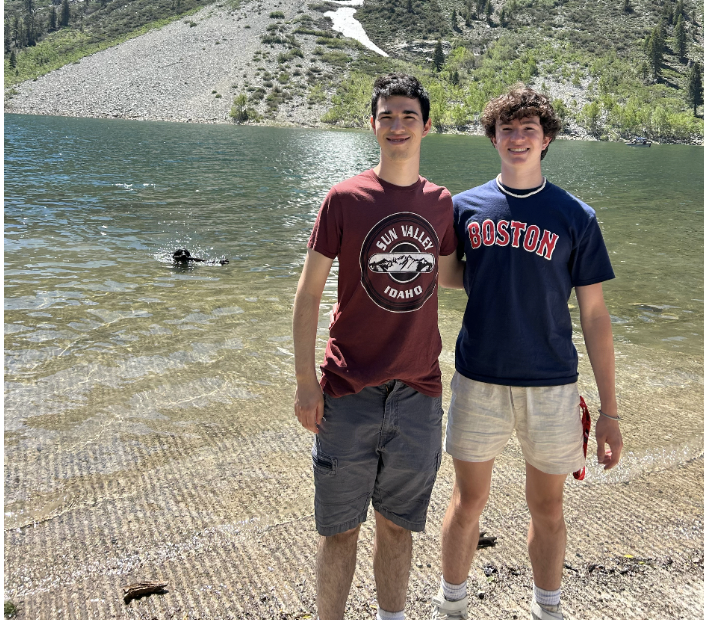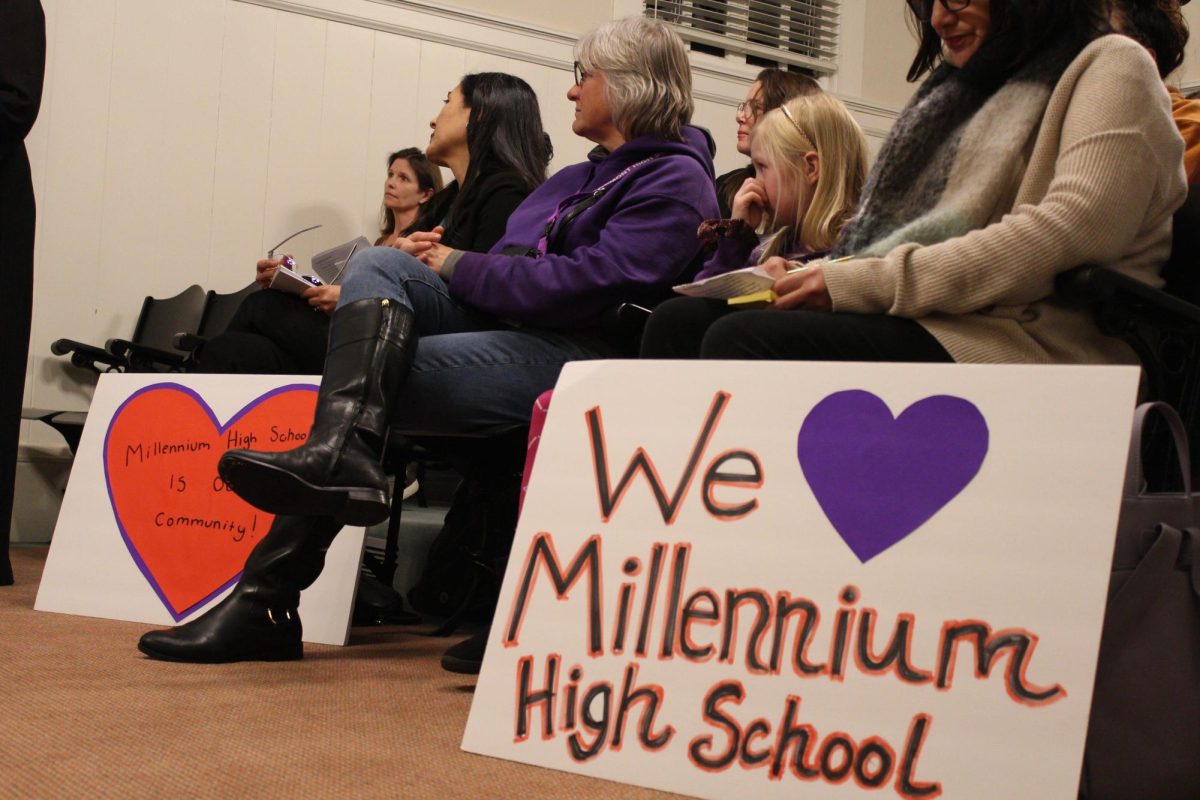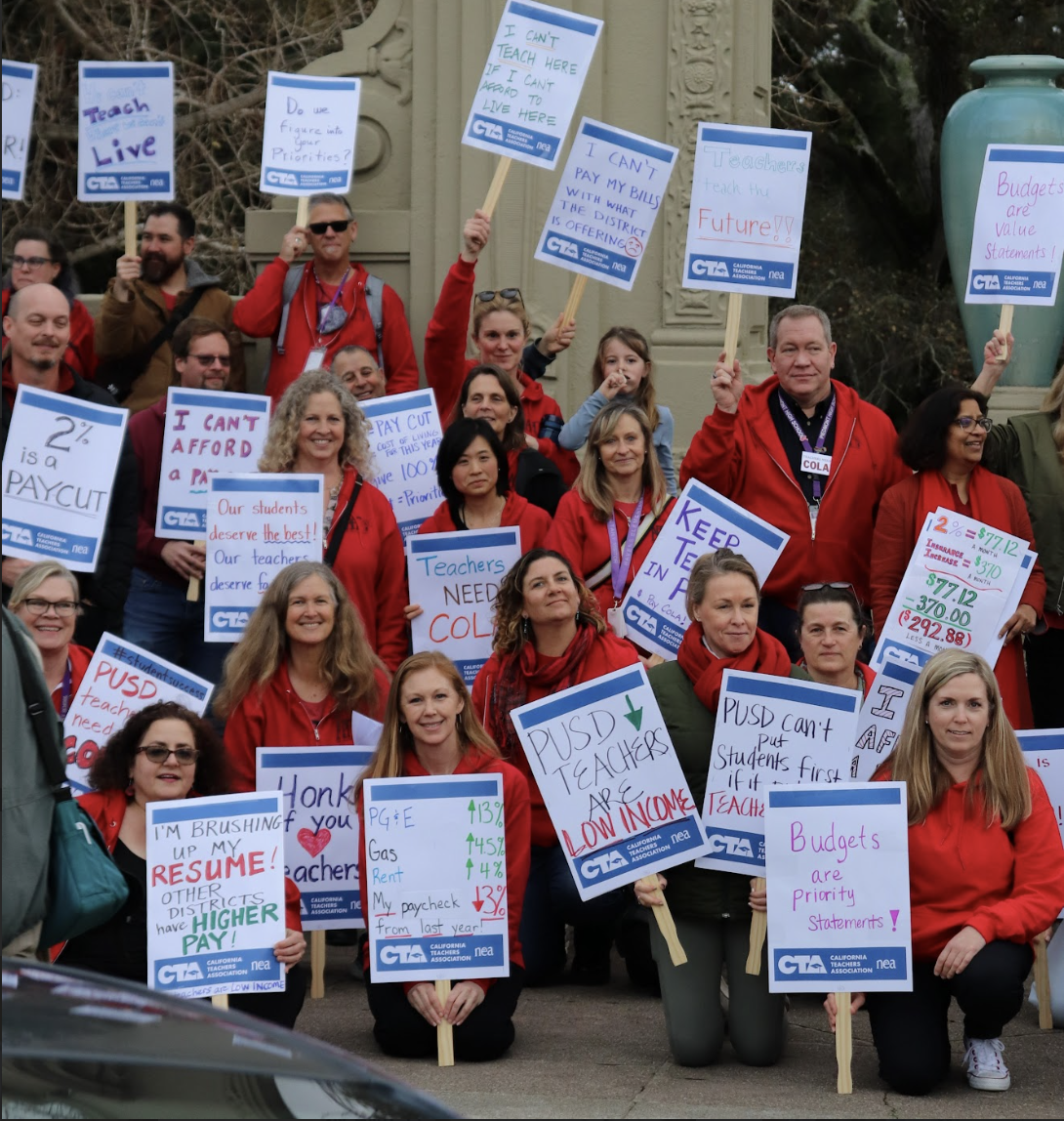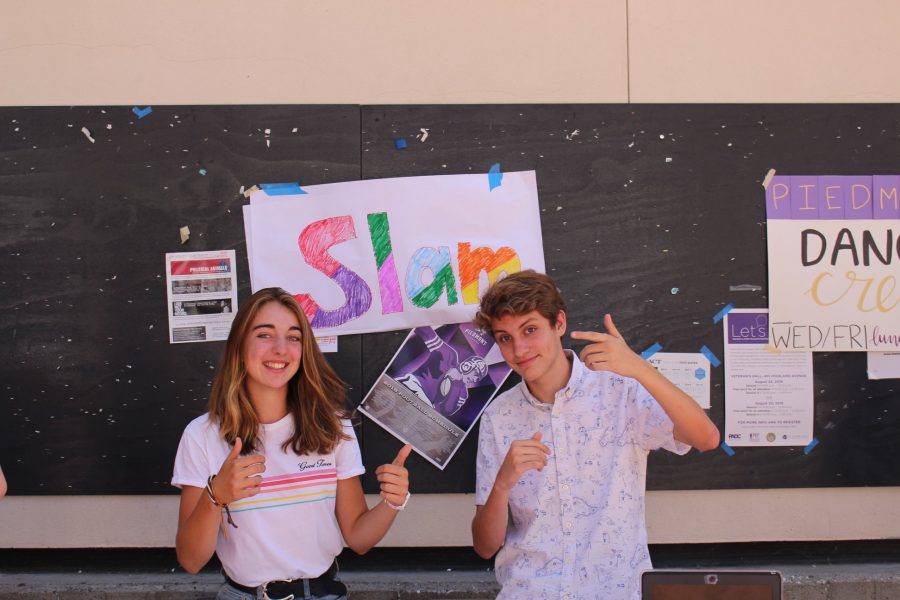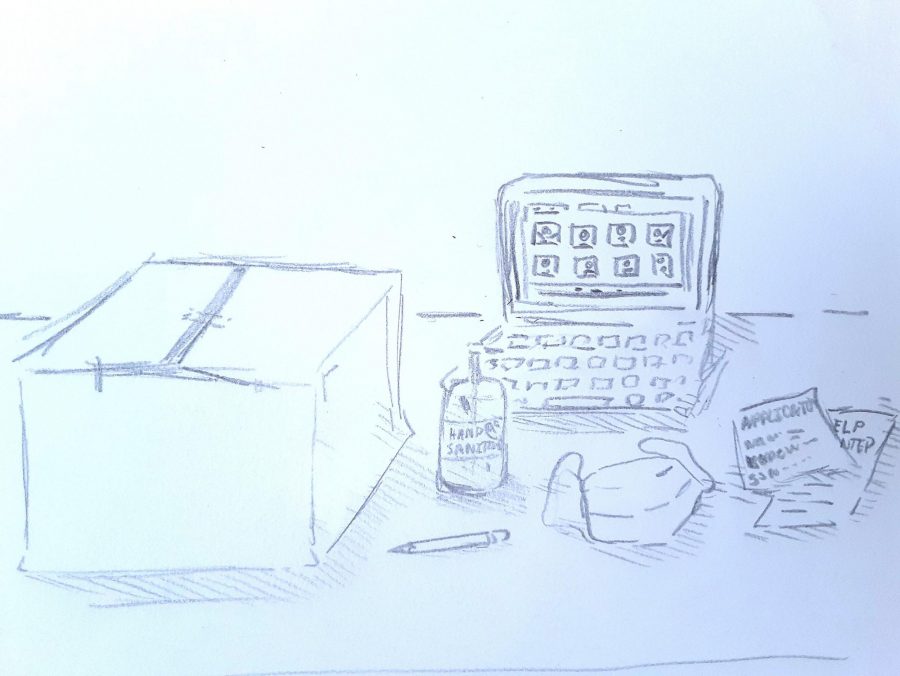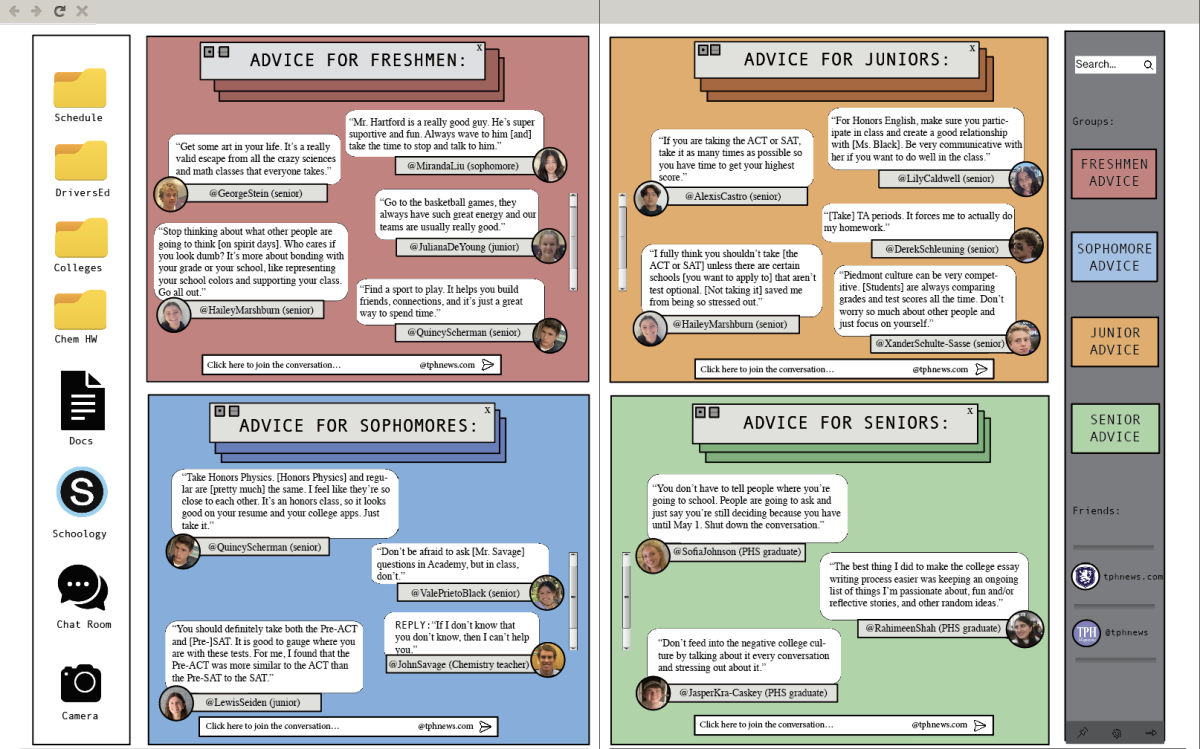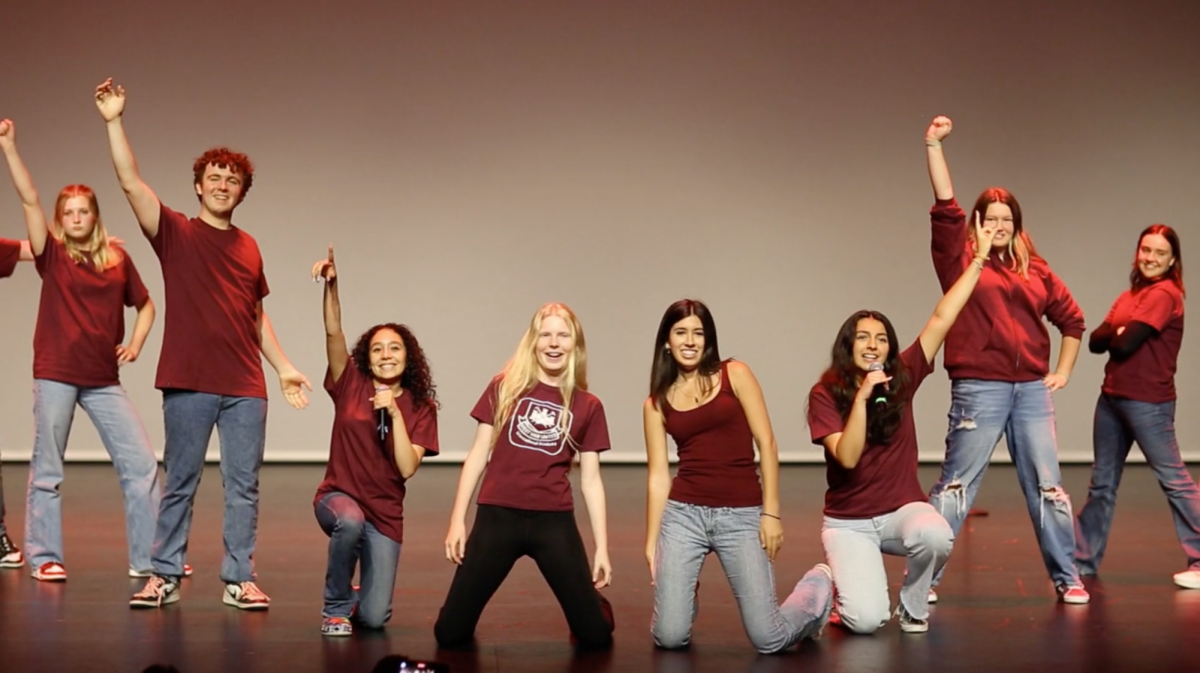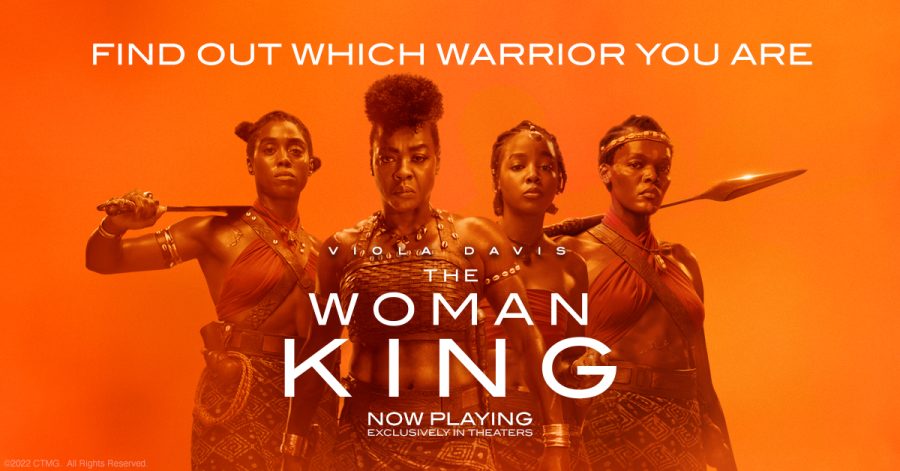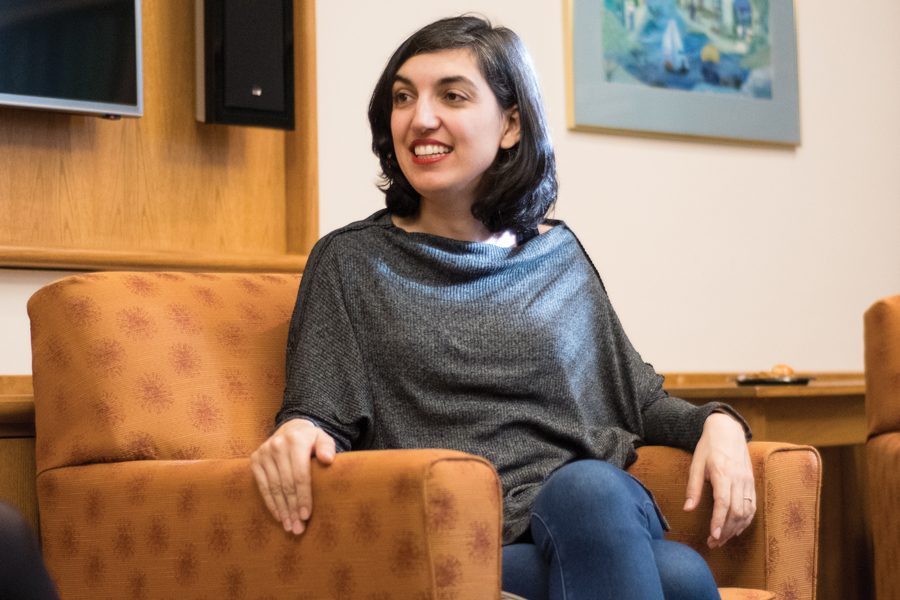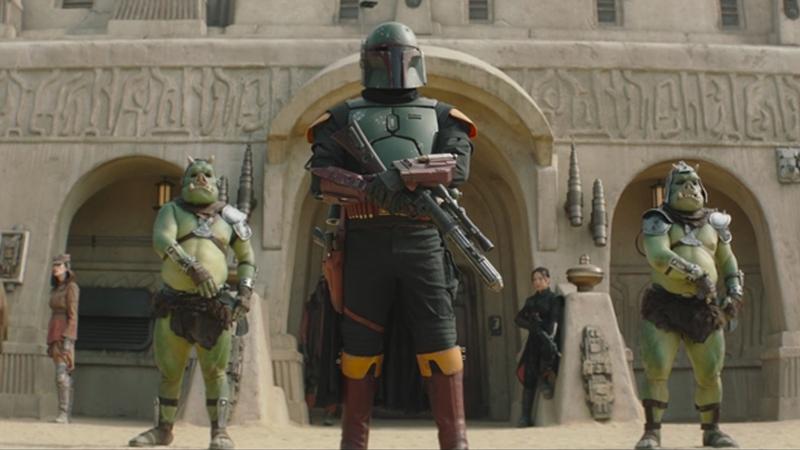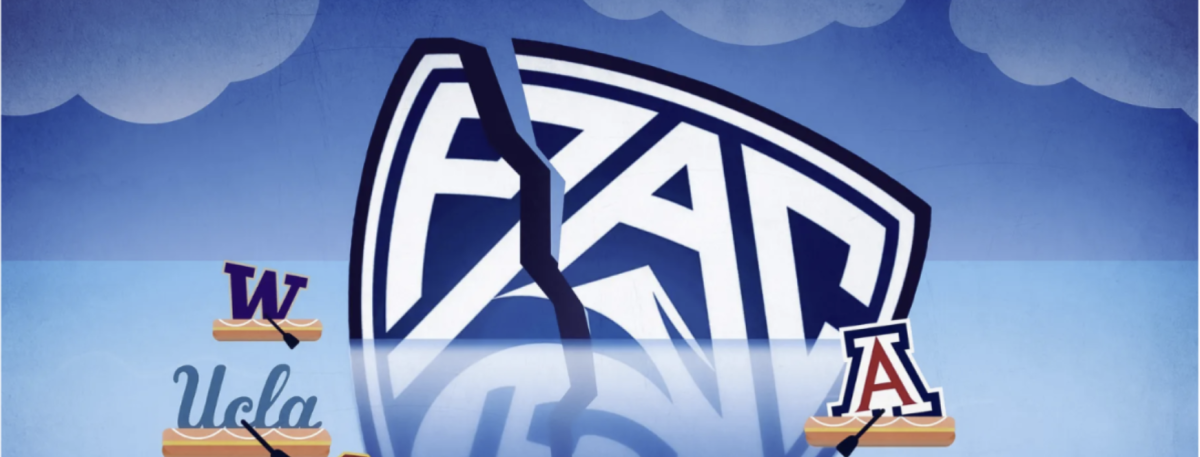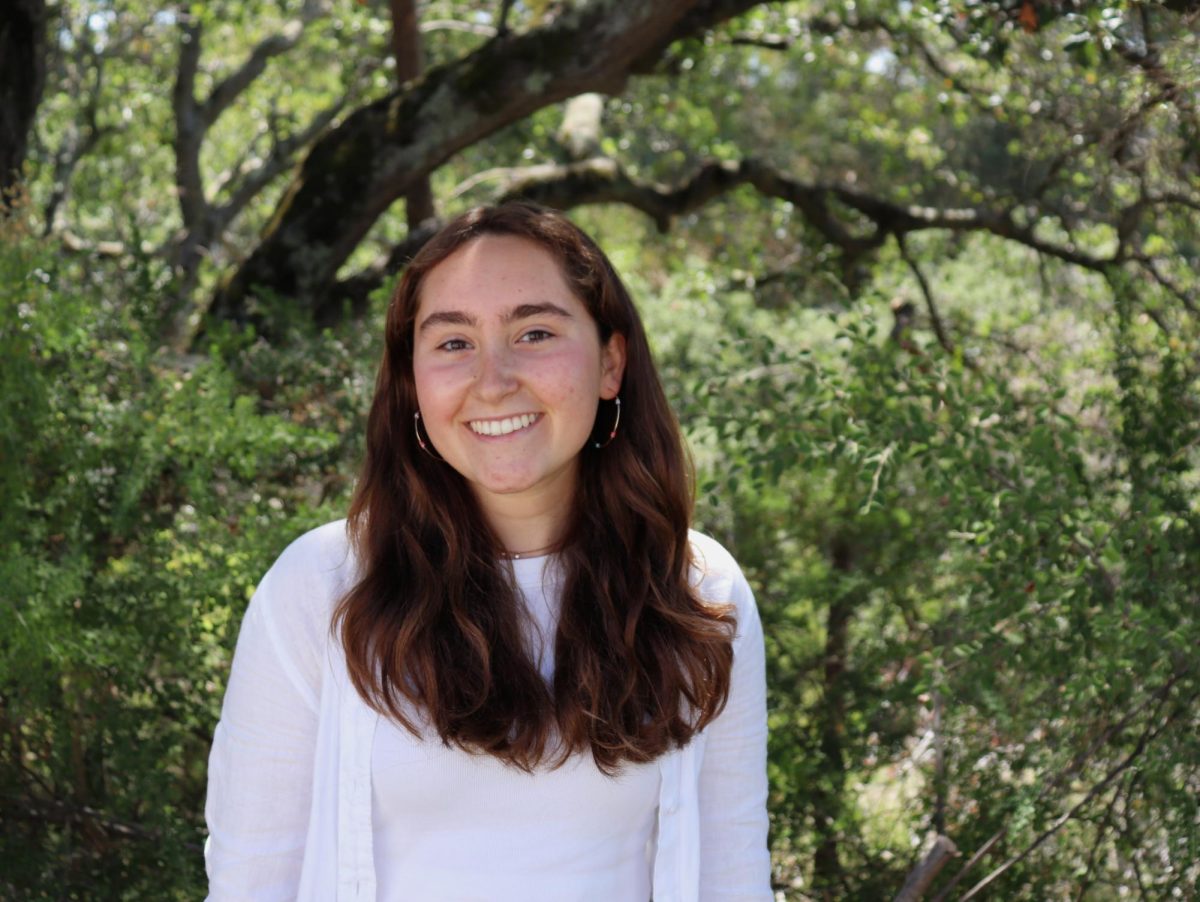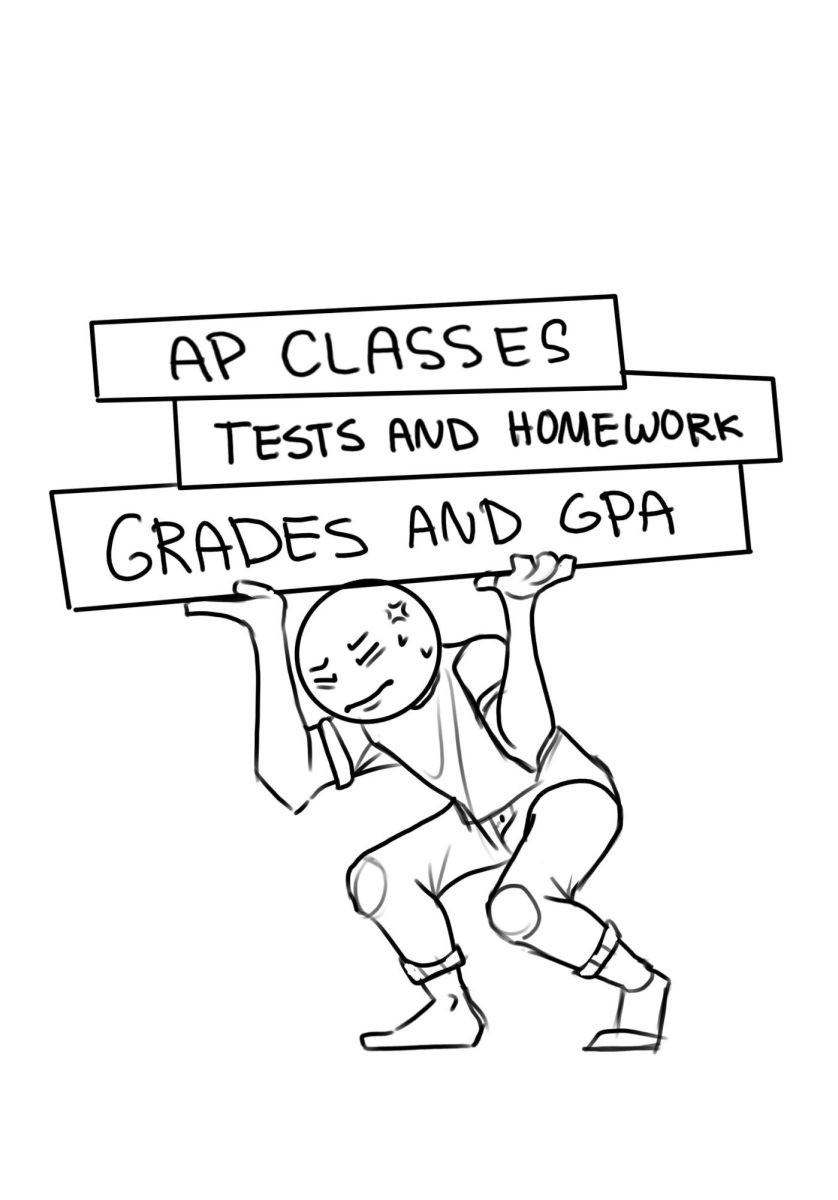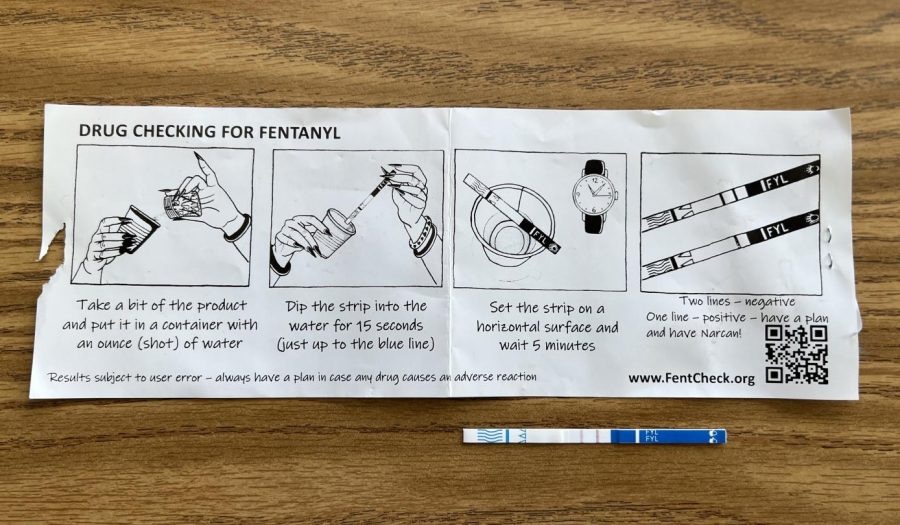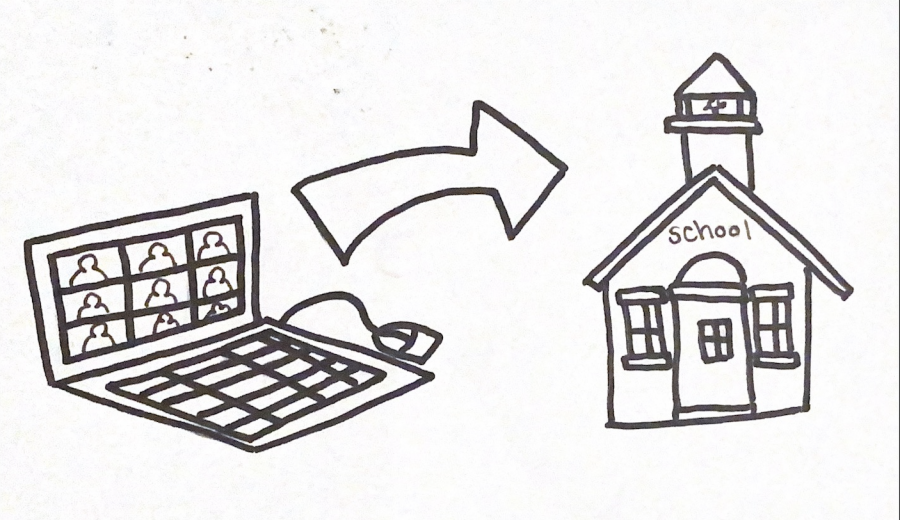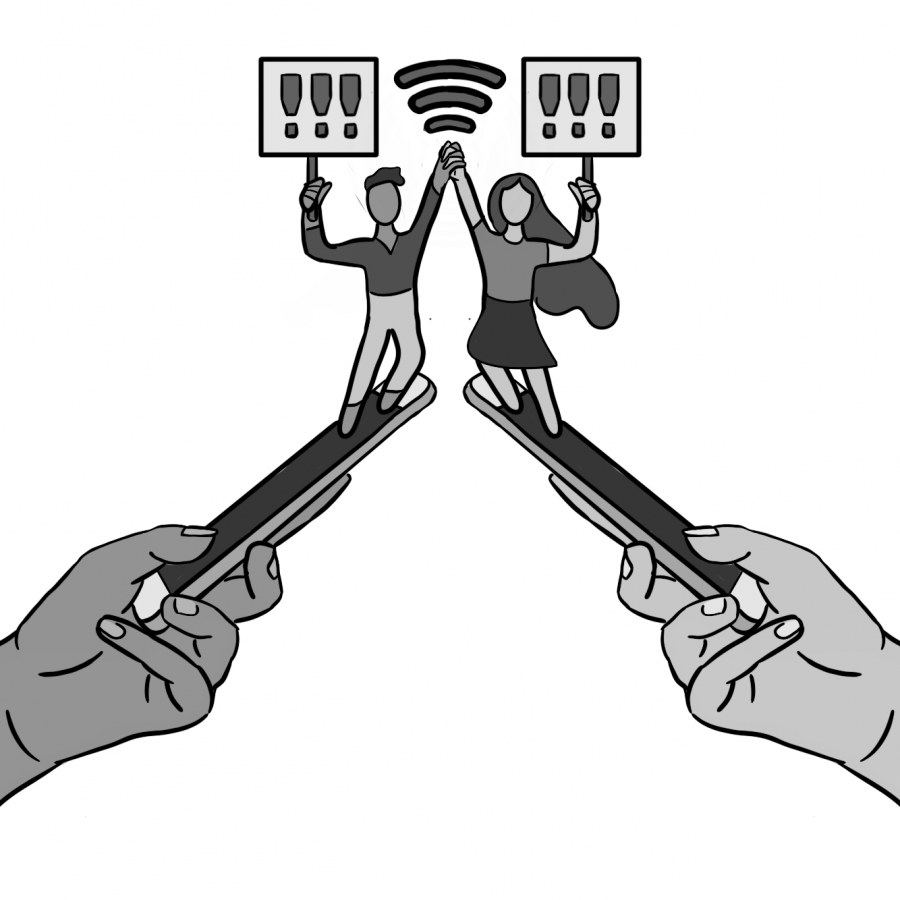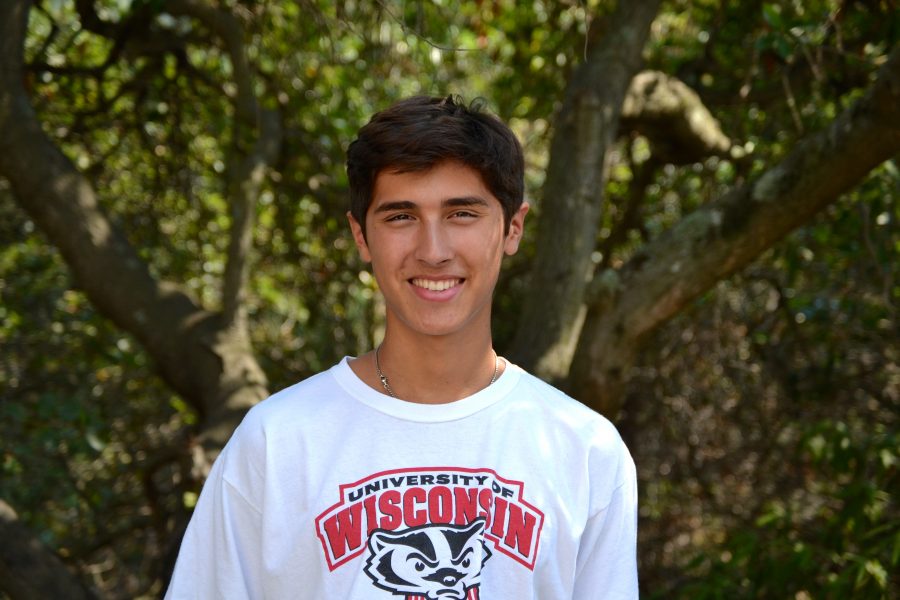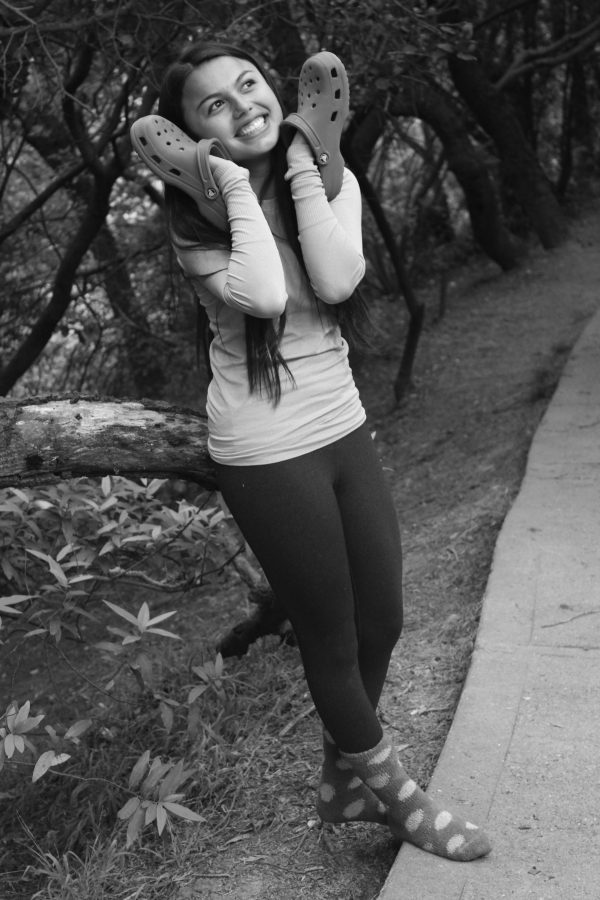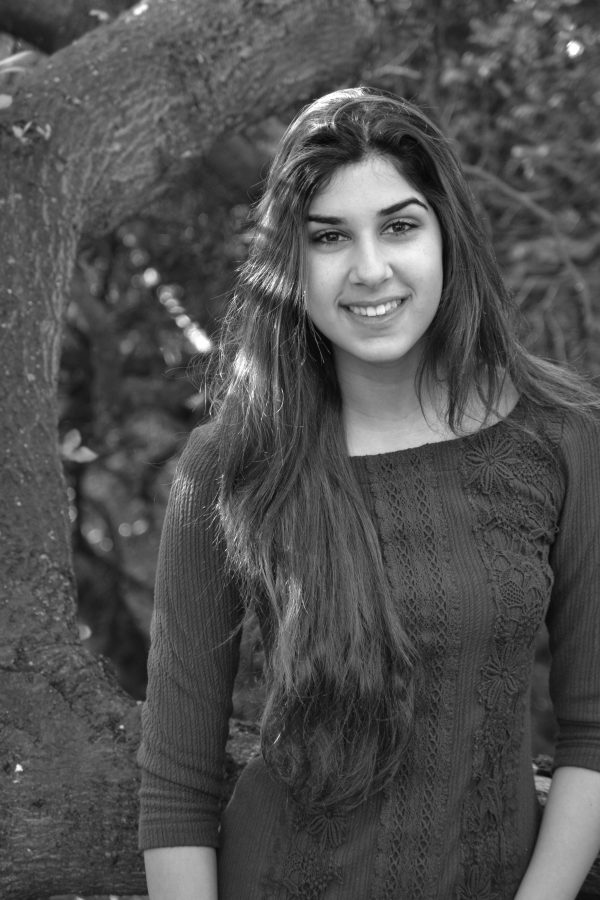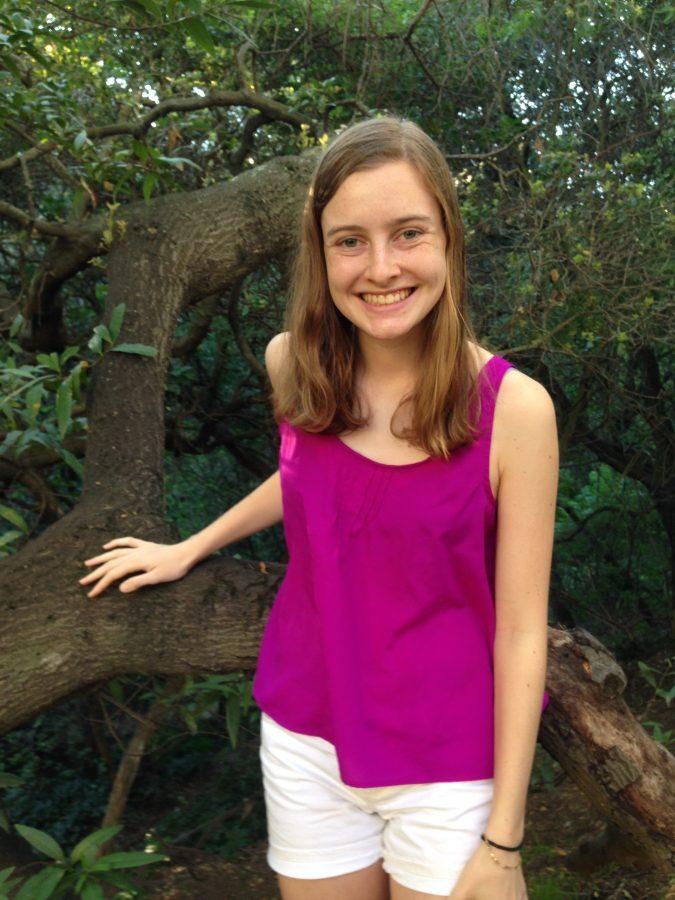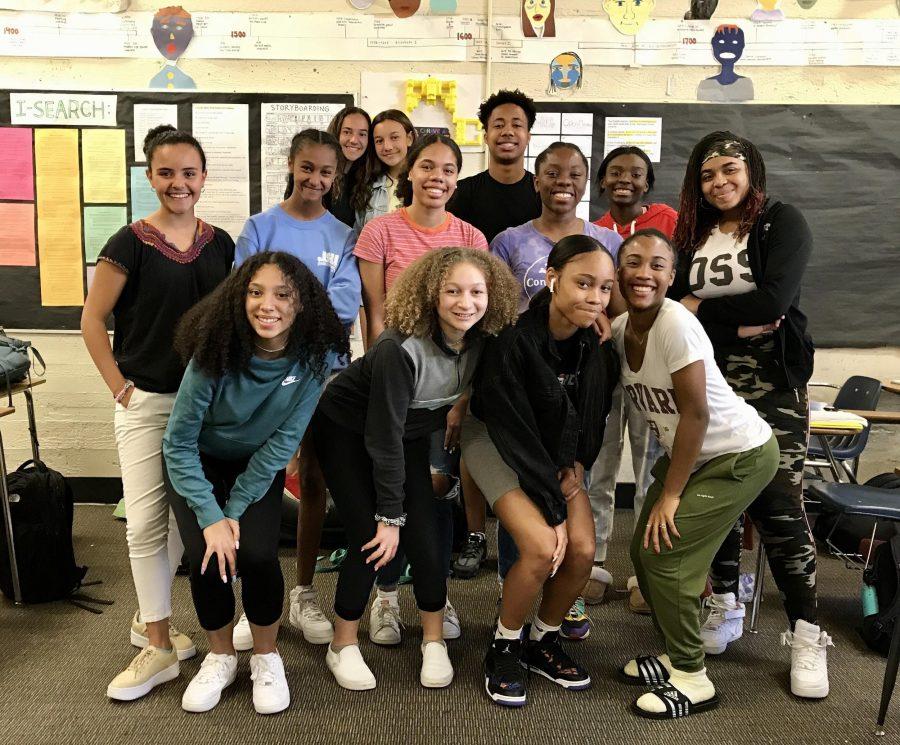The black experience in Piedmont comes in many shades. For some students, blackness means being stereotyped, miscast, and underestimated. For others, it means fighting to be heard in classrooms dominated by white students. For still others, it means reconciling the two worlds that lie within a biracial heritage. Every Wednesday at lunch in room 37, students in Black Student Union (BSU) have found an open space to share their experiences over fresh slices of cheese pizza, exploring the challenges, the complexities, and the beauty of racial identity.
A group of student leaders and faculty advisors are revitalizing BSU this semester for the first time since the original club disbanded in 2016, said senior and club leader Madilyn Meadows.
“We started [BSU] this year because we wanted to spread the word and make sure that people at this school know that black people matter, we’re here, and we have a voice,” Meadows said.
Advisor Ina Bendich said that she began organizing the club in fall 2019, along with fellow advisors Michael Bell and LaTonya Lloyd. She said they were able to reach out to black students on campus individually in order to build the club from the ground up.
“One of the first things that I asked [when restarting the club] was about demographics,” Bendich said. “It turns out there are about 40 black students between PHS and Millennium. At the very first meeting, I remember that [the students] looked around at each other and their posture changed, seeing that they actually have a presence on campus.”
Meadows said that BSU is a particularly important presence on the PHS campus, where over 60 percent of the student body is white, according to US News High School Rankings.
“There’s definitely a stereotype that because Piedmont is predominantly white, the [students here] don’t like anyone of a different race, or won’t want to talk to someone who is of a different race,” Meadows said. “I don’t think [this stereotype] is true, so starting this club will bring everyone together.”
However, the rigidity of social cliques at PHS can sometimes be unconducive to racial integration, said junior and club leader Victoria Houston. Houston, who is new to the district this year, said that before joining BSU, she initially had trouble adjusting to Piedmont’s lack of racial diversity.
“The school I went to before had a lot more diversity,” Houston said. “Coming here, it was shocking to see that there aren’t very many people of color. While some people at PHS are understanding, the majority of people already have their own cliques and they’re not really open to new people, especially people of color.”
Junior and club leader Harmonee Ross said that she also experienced a culture shock coming to PHS and has encountered that many people have a fixed perception of black students.
“At [PHS], I have always felt less than, not because of my race but because of the expectations of my race,” Ross said. “I don’t believe that there are high expectations for black students or students who appear to be black. I think we’re just put in a box and left in that box.”
Within BSU, Houston said she has found an open and supportive community to voice her experiences as a black student.
“Now that we have BSU, there is a place where I can go and feel more comfortable and be supported by people who look like me,” Houston said.
For some students of African-American descent, BSU has also become a place of self-acceptance and self-discovery, freshman Sage Mosley said.
“I joined this club because I want to embrace my African-American nationality,” Mosley said. “We’re all here to embrace each other as a community as well.”
Junior Anjuli Turner, who identifies as mixed-race, said that she also joined BSU to connect with the black side of herself, having grown up surrounded by a predominantly white community for her entire life.
“I’ve never gotten anything very racist or stereotypical [at school], but people have definitely told me that I’m not black enough,” Turner said. “When I tell people that I’m black, people say that I talk really white, or I look white, or that I’m the whitest black person they know, and it’s just annoying. I hope BSU will help me bond with my black side more.”
Ross hopes that when black individuals in BSU share their unique experiences, people within the Piedmont community will listen and internalize their message.
“It’s easy to feel sorry for people, but when you really make change, that’s when we start to feel heard,” Ross said. “We want to feel recognized as a group in Piedmont, more than just a percentage.”
The difficult part, Ross said, is figuring out how to articulate their experiences in a way that will be received by non-black members of the community.
“If you’re straightforward and honest, there will be a lot of resistance,” Ross said. “But if we explain things in a more feasible way, [still] without sugarcoating, there can be more acceptance and tolerance and awareness.”
Bendich said that communication barriers surrounding the black experience are exacerbated by the lasting and pervasive repercussions of slavery.
“The black experience is very unique in this country since many of us can trace our families back to slavery, and we carry a lot of weight,” Bendich said. “I don’t know how to communicate that to someone who doesn’t have that legacy.”
In addition to having honest discussions about the black experience during club meetings, BSU members are currently planning field trips and school activities to foster the appreciation of black culture, Meadows said.
“We might go to a museum exhibit called Soul of a Nation which focuses on [Black Power artwork],” Meadows said. “As an event here, we definitely want to do a Kobe tribute. We also want to have a potluck and share soul food because [we] want everyone to have a taste of it.”
BSU also hopes to launch a documentary exploring race relations and identity through the individual voices of black students on campus, Ross said.
“What we want to do [in the documentary] is define what it means to be black for each individual,” Ross said. “Oftentimes we get labeled as things that we’re not. But behind the label, who are we really as people?”
In order to bridge the gap between people of different races on campus, Ross said that BSU is open to all students looking to find a new community and learn something new, not just black students.
“If someone who is not black comes to BSU, we hope that they feel welcome and that they take the opportunity to just know whatever they want, to explore, to ask questions,” Ross said. “It’s okay to be curious. We are curious, as black students, about what it means to be black and we’re just trying to figure it out as teenagers.”
Above all, Ross hopes that other students will recognize the contributions and perspectives that black students bring to the PHS campus.
“We are more than just your star basketball players,” Ross said. “We are in your Honors English classes, we are on the robotics team, and we contribute a lot to the Piedmont community, but we don’t get a lot back. BSU is our opportunity to get something back.”
